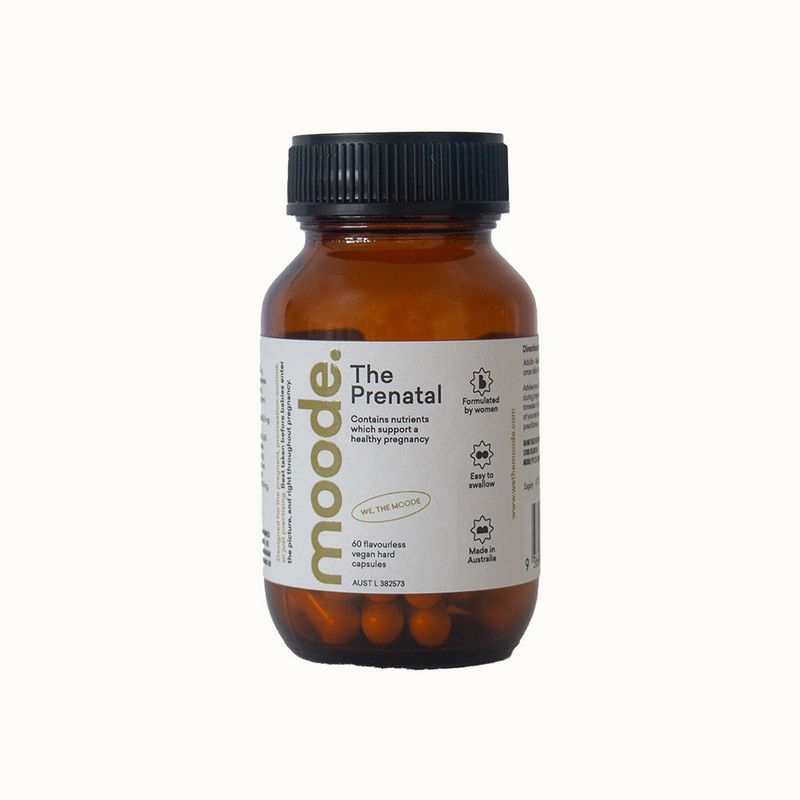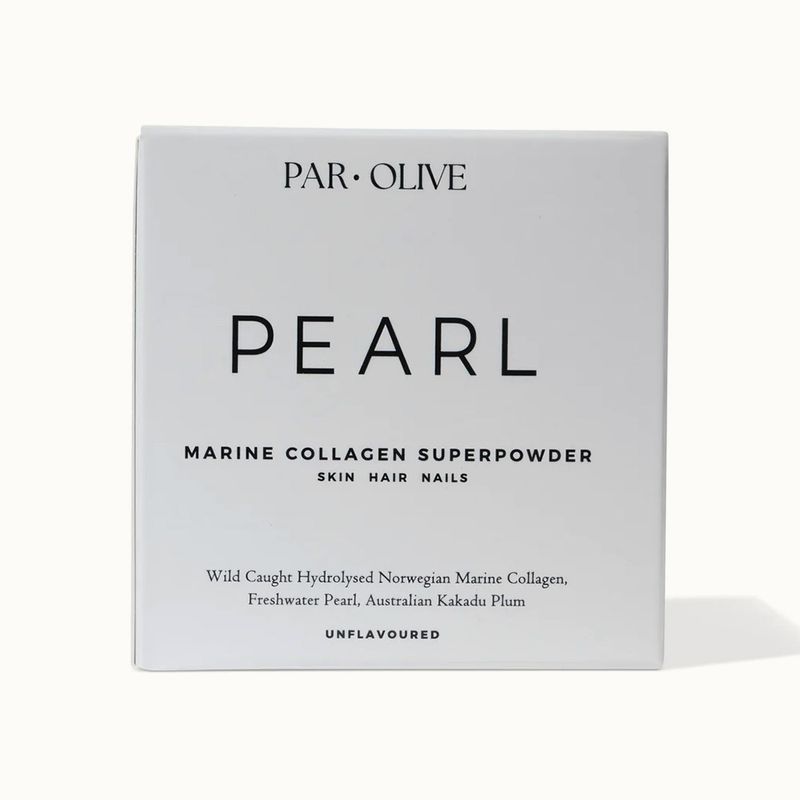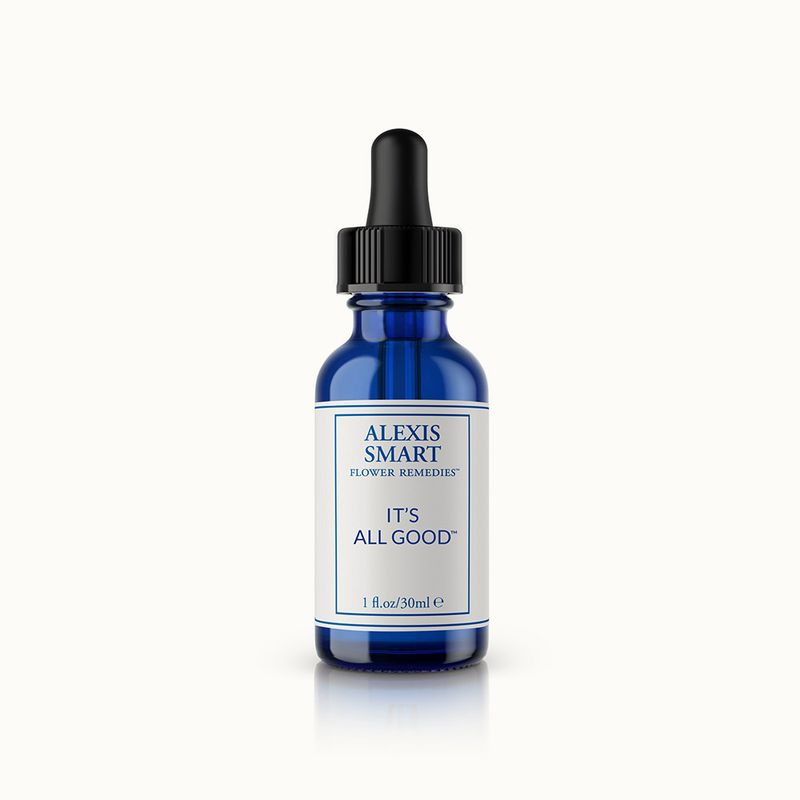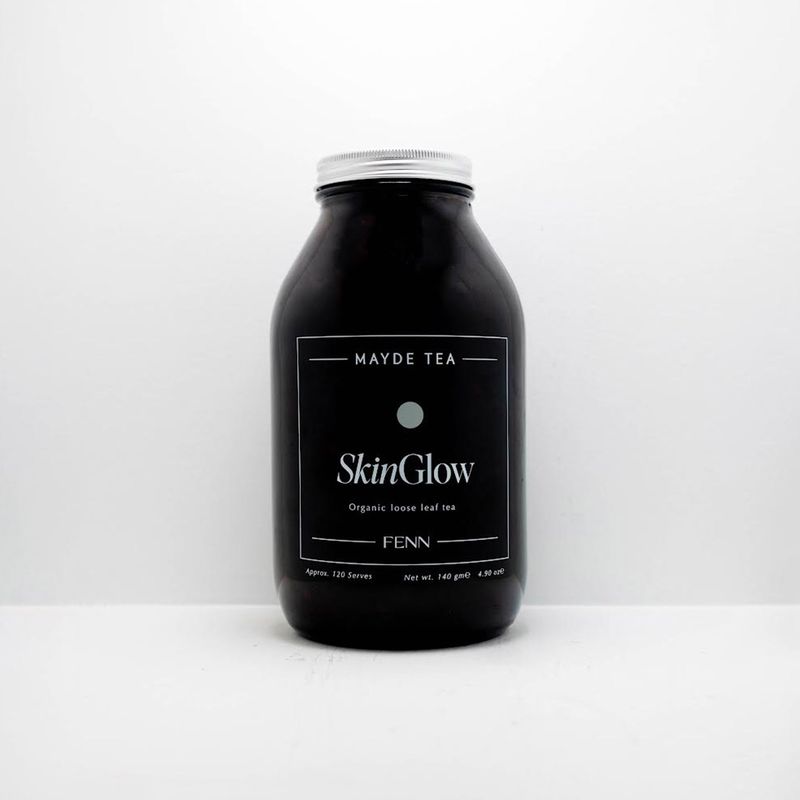The Preconception Journey x FENN
And so it begins.....
The preconception period is a time filled with excitement and anticipation, it can be quite the rollercoaster as you begin to tune into your body and mind, but by prioritising your health holistically during this time, you lay the foundation for a healthy pregnancy.
Let’s start with the biology bit… Why do we need to prep for conception?
Essentially, sperm development takes approximately 75 days, while female follicle maturation (the egg in the ovary) spans around 100 days. The choices you and your partner make during this period directly impact the quality of sperm and eggs involved in conception. This is why investing time in preconception care is crucial for ensuring optimal nutrient levels, enhancing the quality of reproductive cells, and promoting overall well-being that may increase the likelihood of pregnancy.
Preconception care needs to be holistic and bespoke which is why we so often refer to our naturopath Alice, who can expertly evaluate and guide you to a place of greater understanding and awareness of your fertility and general wellbeing, taking into account more than just your physical health, but your medical history, lifestyle and environment which can all have significant impacts on you, your current fertility, and the health of your future family.
Alice’s approach involves exploring your menstrual health before delving into
preconception care, as it is essential to ensure regular cycles and ovulation.
Monitoring signs such as changes in cervical mucus and spikes in basal body
temperature can provide insights into your fertility window. There isn’t a one-size-fits-all all approach to fertility which is why individual differences must be explored and why the naturopathic philosophy and practice have become invaluable to many women as they enter this phase of life.
"It can be overwhelming to even begin considering, there is a lot of information available so make it easier for yourself by securing advice from a trusted resource, focus on what you can control, and lean into embracing your natural cycle."
Key Nutrient Support:
Taking a high-quality prenatal supplement, prescribed by a Naturopath - this acts as an insurance policy to cover nutritional needs during preconception. We recommend The Prenatal By Moode.
Not all prenatal vitamins are created equal, so consulting with a healthcare professional ensures you choose the right one for your specific needs. Additionally, incorporating omega oils (a DHA/EPA blend) into your regime supports both foetal brain development and
skin health.
Supporting the Liver:
Liver support is fundamental during the preconception period. A balanced diet,
reducing caffeine and alcohol, and ensuring adequate water intake contribute to a healthy liver. These can feel like overwhelming changes to make which is why working alongside a health specialist can provide the support and guidance you need to make the appropriate changes.
Nutrient-Dense Diet for Preconception:
Don’t just rely on your prenatal vitamin! Optimising your diet with nutrient-dense wholefoods is crucial. Include a diverse range of fresh fruits and vegetables,
high-quality protein, healthy fats, and minimising refined sugar intake provides a solid nutritional foundation. Key nutrients to focus on and what to get them from include:
● Iodine - seaweed, wakame flakes, eggs, yoghurt, prunes
● Folate - spinach, broccoli, asparagus, brussel sprouts, rainbow chard, avocado, eggs.
● Vitamin D - cod liver oil, liver, eggs, mackerel, salmon, sunshine
● Omega 3 fatty acids - fatty fish (salmon, sardines), chia seeds, hemp seeds,
linseeds, walnuts, olive oil, flaxseeds
● Iron - lentils, beans, liver, red meat, spinach, tempeh, parsley
● Zinc - oysters, beef, chicken, hemp seeds, pepitas, sesame seeds
● CoQ10 - grapes, citrus fruits, berries, turmeric, green tea, brassica vegetables
● Vitamin C - lemon, broccoli, papaya, kiwi fruit, red capsicum, sweet potatoes
● Vitamin E - sunflower seeds, spinach, almonds, asparagus
● Vitamin B12 - beef, salmon, eggs, liver, nutritional yeast
The Role of Preconception Care in Skin Health:
For individuals with existing skin conditions, the preconception period is an
opportunity to proactively address potential challenges. Fluctuating hormones and increased nutrient needs during pregnancy can affect the skin. Therefore,
incorporating skin-specific preconception care can help manage conditions like acne, perioral dermatitis (POD), and dermatitis. At FENN we value being able to support our clients through all life’s stages and take note of your concerns so talk to us about preparing for pregnancy and how we can best support your skin.
Keep Your Body Moving:
Studies have shown that just 30 minutes of exercise per day decreases the risk of ovulatory-factor infertility, which is just one of the reasons regular movement should be part of your week if you are considering getting pregnant. There is now a wide range of movement practices that have been designed by women for women, which support their life stage and hormones.
Understanding where you are at in your cycle and synchronising the ‘right’ exercises to this phase can have a significant effect when it comes to supporting your hormones and optimising fertility. If you’re curious for more on exercise and stages of your cycle, we recommend starting with this article via Russh.
Personally, we can’t go past a Pilates flow with Nicole and Sascha from House of Sculpt. Their low-impact, full-body approach can improve overall strength, balance, and flexibility, all of which can support fertility. Their online portal makes movement easy to incorporate into your days or visit them in person in Bondi for a class and to get personalised guidance on your form. Strength gained through a Pilates practice has long-term benefits for when you do conceive, as the Pilates approach works to build (or rebuild in postpartum) core strength, pelvic floor maintenance and support musculature throughout pregnancy and into postpartum. It is an ideal practice for women to work into their lives.
Stress Management for Fertility:
The nervous system plays a pivotal role in fertility. Incorporating stress management practices such as daily movement (check out our feature on the girls from House of Sculpt this month), meditation, deep breathing, and time in nature sets the stage for a healthy pregnancy and beyond.
Reducing Toxin Exposure:
Assessing and minimising toxin exposure is a crucial aspect of preconception care. Evaluate household products, personal care items, and even dietary choices to eliminate substances that can have negative impacts. This includes reducing alcohol intake and opting for low-tox alternatives in personal care and household products. We did a deep dive on endocrine-disrupting ingredients in skincare that you can catch up on here.
Herbal Medicine and Fertility Support:
Incorporating bespoke herbal medicine can be beneficial in encouraging a regular menstrual cycle, supporting ovulation, and reducing stress. Working with a naturopath who is experienced in herbal medicine can provide the personalised guidance you require, and the gentle support your body needs. Plant medicine has long been used to support fertility, some of Alice’s favourite herbs to work with in preconception include; peony, licorice, shatavari, withania, chaste tree & ginger..

Remedies
Moode
The Prenatal By Moode
$56.00

Wellness
Par Olive
PEARL - Marine Collagen Superpowder Travel Set
$48.00

Wellness
Alexis Smart
It's All Good
$70.00

Wellness
Fenn Store
Skin Glow Tea
$55.00